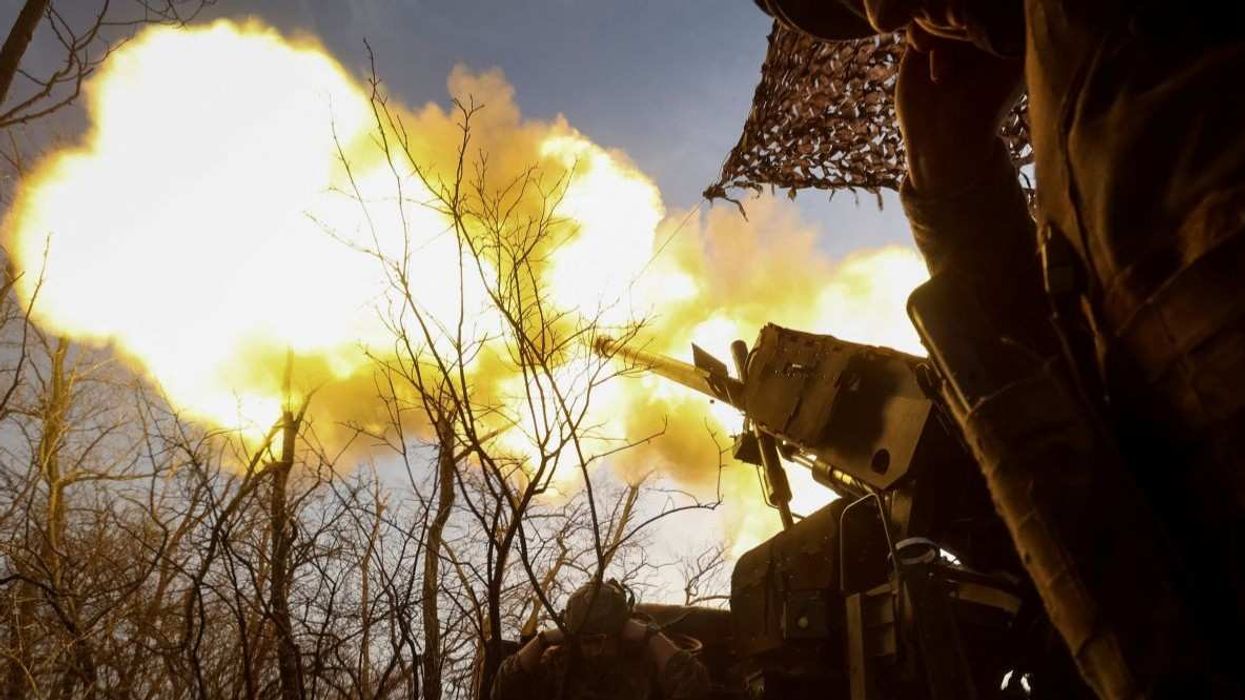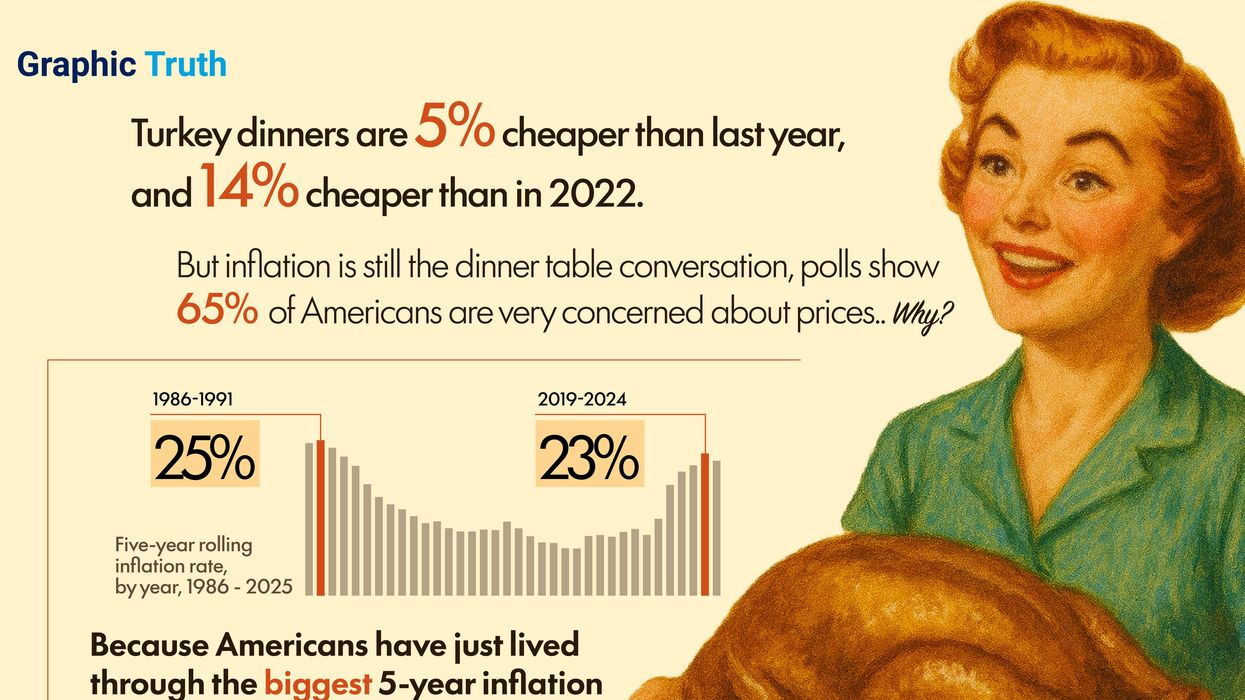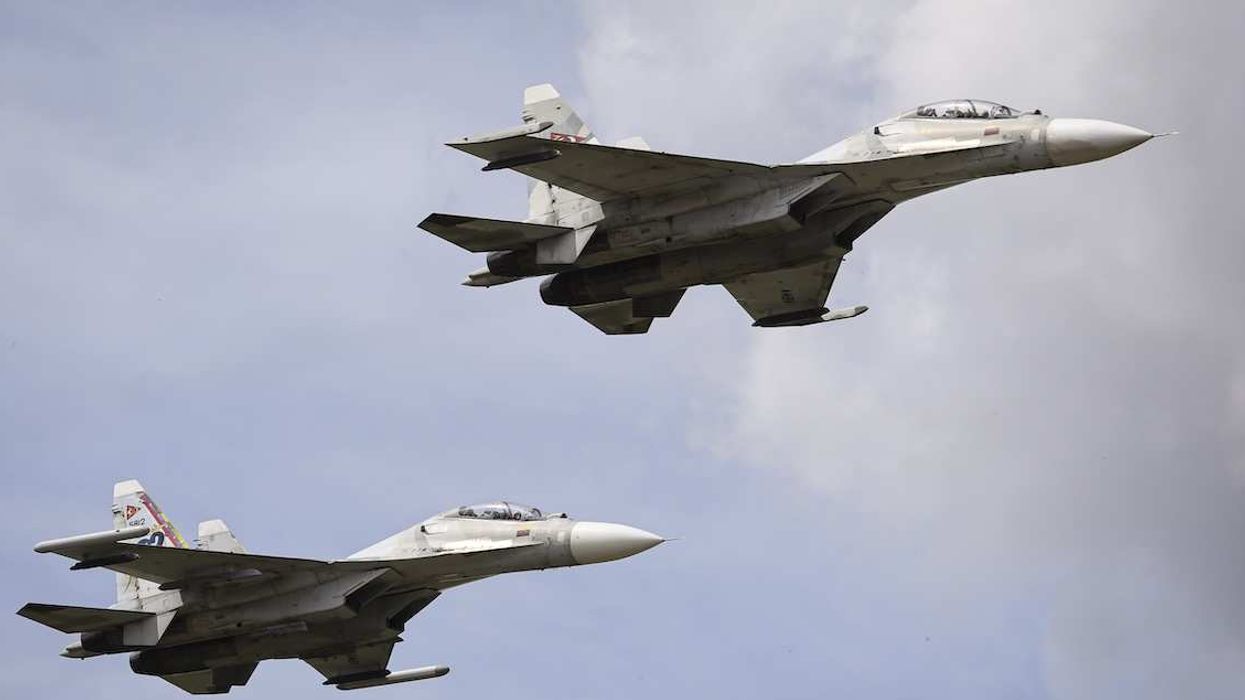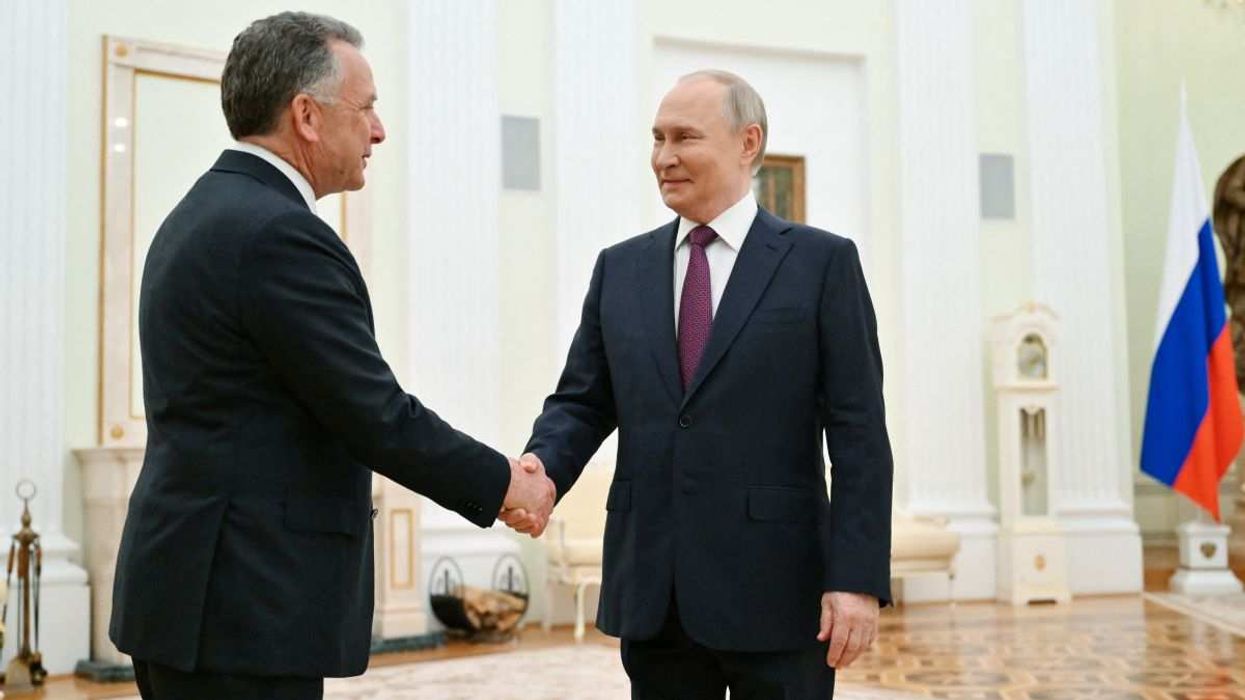On Tuesday, two Israeli airstrikes in the West Bank killed at least 10 Palestinians, according to local Palestinian health officials. Israeli officials say the West Bank strikes targeted armed groups in the north of the territory. It’s another reminder that Israeli Prime Minister Benjamin Netanyahu intends to fight on multiple fronts – against Hamas in Gaza, against Hezbollah in Lebanon, and against militants in the West Bank.
All this as Israel and the region prepare for an expected strike from Iran in retaliation for Israel’s assassination of a senior Hamas leader in Tehran on July 31. There are also fears that Israel’s confrontation with Hezbollah has intensified in recent days and could tip into a full-blown war. Hezbollah launched drone attacks into northern Israel on Tuesday, and later that day, Hamas named Oct. 7 mastermind Yahya Sinwar as its new leader in a defiant move.
Beyond the obvious national security objectives for Israel, Netanyahu also has a strong political motive to pick deadly fights with as many of Israel’s enemies as possible. When Hamas launched the terrorist attacks that killed 1,200 Israelis on Oct. 7, 2023, the already polarizing Netanyahu became responsible for the worst intelligence and security failures in Israel’s history. The sooner Israel’s war(s) end, the sooner Netanyahu will be out of power – unless he can claim credit for inflicting crippling blows on Hamas, Palestinian militants in the West Bank, and Hezbollah.



















